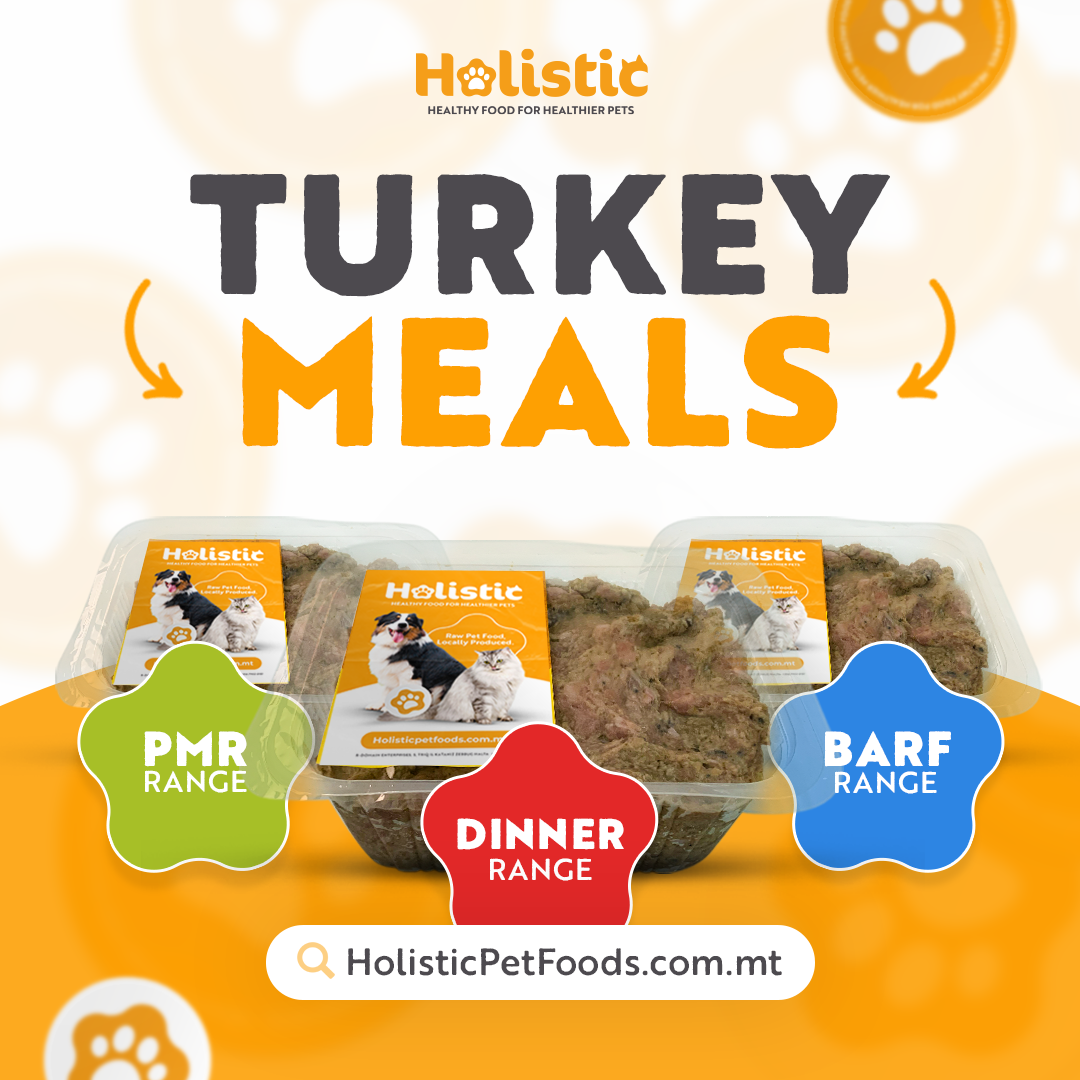When it comes to feeding our beloved pets, there's no shortage of opinions and advice. And for small dog owners, the debate over whether raw food is suitable for their pint-sized companions can be particularly confusing. In this blog post, we'll delve into this topic head-on, debunking myths and exploring the nutritional benefits of raw feeding for small dogs. So, if you've ever wondered whether raw food is right for your petite pooch, read on to discover the truth.
Myth #1: Raw Food Is Only for Large Dogs One common misconception is that raw food diets are reserved for larger breeds, while small dogs should stick to commercial kibble. However, the truth is that dogs of all sizes can benefit from a raw diet. In fact, smaller breeds may even experience more significant improvements in health and vitality due to their faster metabolisms and higher energy requirements.
Myth #2: Raw Bones Are Dangerous for Small Dogs Another concern among small dog owners is the safety of feeding raw bones. While it's true that bones can pose a choking hazard if not fed properly, raw bones are actually a natural and beneficial part of a dog's diet. When fed under supervision and appropriate guidance, raw bones can help maintain dental health, provide mental stimulation, and supply essential nutrients like calcium and phosphorus.
Nutritional Benefits of Raw Feeding for Small Dogs Now, let's explore the nutritional benefits of raw feeding for small dogs. Raw diets typically consist of high-quality meats, organs, bones, and vegetables, providing a balanced and biologically appropriate source of nutrition. For small dogs, whose nutritional needs may differ from their larger counterparts, a raw diet can offer several advantages:
- Improved Digestibility: Raw food is easier for small dogs to digest compared to processed kibble, reducing the risk of digestive issues such as bloating, gas, and diarrhea.
- Enhanced Dental Health: Chewing on raw bones helps small dogs maintain healthy teeth and gums, reducing the risk of dental problems such as tartar buildup and periodontal disease.
- Increased Energy and Vitality: A diet rich in fresh, whole foods provides small dogs with the nutrients they need to thrive, leading to increased energy levels, improved coat condition, and overall vitality.
- Better Weight Management: Raw diets are often lower in carbohydrates and higher in protein, making them an ideal choice for small dogs prone to weight gain or obesity.
- Support for Specific Health Concerns: For small dogs with allergies, food sensitivities, or other health issues, raw feeding allows for greater control over ingredients and can help alleviate symptoms and improve overall well-being.
Conclusion: In conclusion, the idea that raw food is unsuitable for small dogs is simply a myth. When fed responsibly and under the guidance of a veterinarian or animal nutritionist, raw diets can offer numerous benefits for dogs of all sizes, including small breeds. From improved digestibility and dental health to increased energy and vitality, raw feeding provides small dogs with the nutrition they need to thrive. So, if you're considering transitioning your petite pooch to a raw diet, don't let myths hold you back. Embrace the power of raw feeding and watch your small dog flourish!
